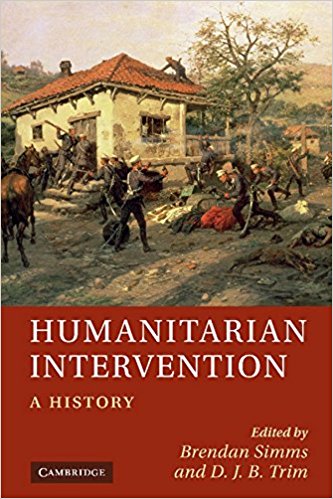The debate over humanitarian intervention started soon after the death of the Cold War and slowly faded, like rigor mortis. This book is a collection of essays by West European historians outraged that both its advocates and opponents either deny or are unaware that, both as concept and practice, humanitarian intervention has a long and living history. They trace its intellectual roots through Grotius to Aquinas, its practice to origins in 17th century Europe, taking 400 pages to establish it as a continuum in the Christian tradition, not as an innovation. One of the older texts of that tradition, the Book of Eccle-siastes, puts it more pithily—there is no new thing under the sun. And the prophet did a generic review of books like these in two other propositions—of making many books there is no end, and much study is a weariness of the flesh. Once the authors finish tracing its genealogy, humanitarian intervention turns out to be a twin of Father Christmas, emerging from a regenerate West European womb before being adopted by the rest of the world, including the heathen, to whom both bring much joy if they are embraced.
September 2012, volume 36, No 9

